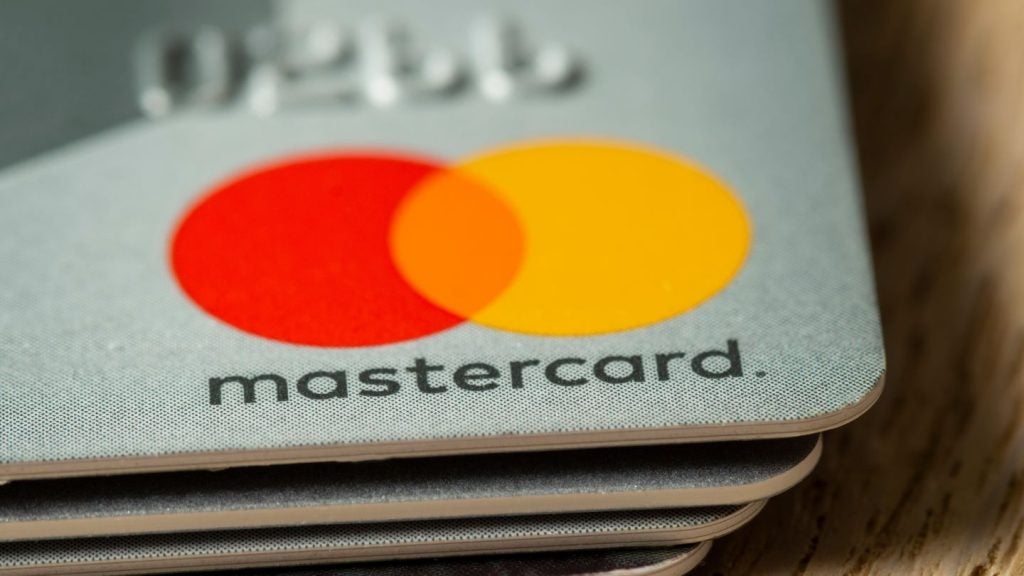
Neal Cross is well known in his field – not just for being CIO of DBS Bank, but for being something of a fintech maverick. His team’s only ‘tech person’, he has redefined fintech strategy to great effect. In this piece, he outlines the five fintech types
Fostering fintech culture
Banks need to rewire their operations to partner more, carry out fintech assessments, and bulk product in. DBS accelerated over 30 fintechs in 2015. We had three accelerators in Hong Kong and Singapore; in 2016 we had six, and deployed six fintech products inside the bank. We’ll do over ten in 2017.
I got the bank to run 1,000 experiments last year, and this year the top 250 again have to run their own customer journey – it’s written into their bonus to do a customer journey or an employee journey. Then we spend time reinventing training, finance, legal, compliance, so we work at not just building a new product, but how to change the organisation so everyone is more effective.
So many banks are focused on ‘needing’ a new product or ‘talking to fintech’. We’ll talk to a senior executive at the bank, ask them what the biggest problem is. I then take some of their staff for a week, put them through a process and they’ll come up with 10 different solutions to that problem. These will be a business model or paper prototype – no tech. We put them back in the business to go through the solutions, and execute them. Things non-tech are a lot more powerful.
HR for example, came to me saying they need an app. What for, I asked. To get people to collaborate more, came the answer. You don’t need an app for that. If you roll out an app, 20% of the bank will download it, 10% will log into it and 5% will sometimes use it, so you’ll end up addressing 5% of the bank. Change everyone’s KPIs and you’ll affect 100% of the bank
1: BANKS
They’ve been doing it for decades; the worldwide financial services industry is worth about $5trn in revenue. They are obviously pivoting quickly. At the G20 they asked me what the effect of fintech is. I said fear. It has brought fear into the industry – there is more partnering, more accelerators and VC funds. Most of them are taking their mobile assets and giving them a digital wash, and saying they have a great digital strategy, but it is not, and certainly not ambitious enough.
2: VENDORS
For example Misys (now Finastra with D&H), Sungard, Fiserv, FIS or Temenos – their industry must be worth $200bn a year. They are pivoting and changing as well, for example staging hackathons, etcetera. They are probably under the biggest squeeze because banks now look to fintech startups as well as these vendors and instead of a slightly adapted business model, they can get the tech, and even the customers – that value prop is quite different than buying a mobile wallet from a traditional supplier.
3: NEO-FINTECH I
Most fintechs fall into this category, which want to partner and collaborate – many of these did start out saying they are going to kill banks, which is just illusionary rhetoric. Now they are doing a lot of partnerships with banks and realising they cannot grow mass customer bases at scale because they have never done it, they are not structured , they do not have enough money and their brand is not really there. A lot of those – such as Moven bank, which I invested in, in the US – initially went out to be a bank, have pivoted and now supply the tech to the banks, like Westpac NZ and TD Bank in Canada.
4: NEO-FINTECH II
Those fintechs who want to kill banks and their model means they cannot partner with a traditional bank. Transferwise, for example-offering forex at 10% the cost of the bank, their adverts are very anti-bank but there is not enough money in there to partner so a bank is not going to go for half of 10% of the revenue they would have got for that anyway. However, Transferwise has partnered with number26, which does not have forex.
5: THE INTERNET GIANTS
Fintech will not change finance; what will is Google, Amazon, Facebook, Apple, Alibaba, WeChat – they have been very successful in financial services. WeChat got 30m customers in just over a year – currently this tally hovers around the 1bn mark.
To put this into perspective, that is more customers than every single Western startup bank added together. So what is coming out of the East is a lot more exciting. Traditional banks in China are building inside WeChat, so the customer goes to WeChat to open their account and get their card.







